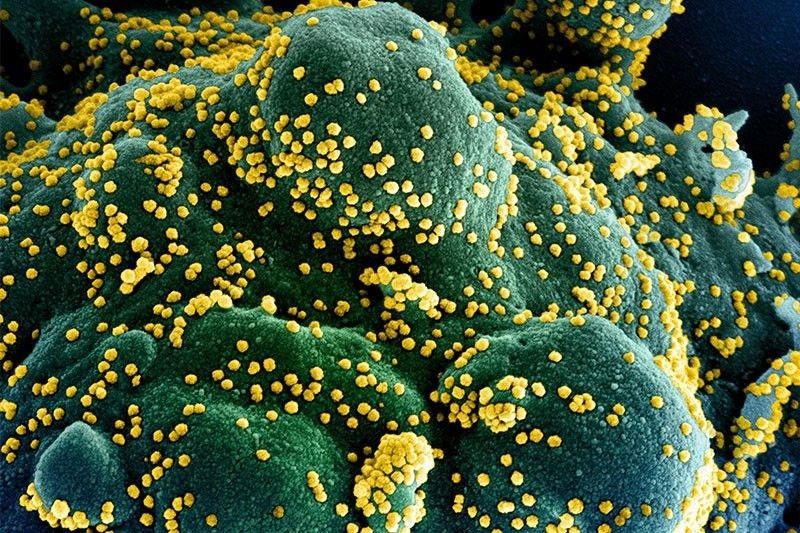‘Virus mutation not yet significant’

MANILA, Philippines — The World Health Organization is monitoring the reported mutation of a variant of Severe Acute Respiratory Syndrome-coronavirus-2 or SARS-CoV-2, which causes COVID-19.
In a press briefing, WHO regional director for Western Pacific Takeshi Kasai said that the mutation was observed in January and “received attention because laboratory data shows that potentially, that can increase transmission.”
“But so far, in real life, we haven’t seen such evidence. We are going to continue to monitor this sequence contributed from the research institutes around the world, in case there’s any mutation that needs to be paid attention,” he added.
While circulating, a virus naturally mutates, according to Kasai, and there is actually over 17,000 gene sequencing available in public database, which has been observing an increase in the “frequency of substitutes” coming from all over the world.
“From that we could see that this virus is relativey stable… so far what we’ve been seeing those mutation doesn’t require any changes of our recommendations, including the vaccine,” he said.
In a joint statement yesterday, the Philippine Genome Center (PGC) and the Research Institute for Tropical Medicine (RITM) have confirmed that the G614 variant of SARS-CoV-2 has been detected in the Philippines after it was seen in a small sample of positive cases in Quezon City last month.
The statement, however, underscored that the Quezon City samples that were collected and tested “may not represent the mutational landscape for the whole country.”
The presence of G614 was detected by the PGC which has been working on the genome sequencing of COVID-19.
While the mutation can increase viral rate of transmission of COVID-19, “there is still no definitive evidence showing that carriers of the G614 variant are actually more transmissible than those with D614,” according to the PGC.
“Mutation does not appear to substantially affect clinical outcomes as well,” it said.
On the other hand, the RITM noted that “there is no conclusive study that would define the impact of the virus mutation, disease severity and the effect to vaccines under development.”
D614 is the original strain of the COVID-19 virus that was detected by the PGC in some samples collected from the Philippine General Hospital in March.
Meanwhile, the Department of Health (DOH) claimed that “regardless of what variant is causing community transmission, the preventive measures to protect the public against contracting COVID-19 are the same.”
“Through strict adherence and proper observance of the BIDA Solusyon strategies, we will be able to stop the disease from further spreading,” the DOH said.
The BIDA Solusyon pertains to a DOH campaign to promote minimum health standards, such as hand washing, wearing of mask and physical distancing.
‘More research needed’
Meanwhile, the PCG will conduct more research on the different mutations of the virus that causes COVID-19, including the variant recently detected among patients in Quezon City.
In an interview with “The Chiefs” aired on One News/TV5 on Monday night, PGC senior bioinformatics specialist Francis Tablizo said there is still no definitive evidence that the new variant is more contagious than the original.
Tablizo also clarified that the mutation, while recently detected in the country, is not entirely new as it has already been detected in Europe last March.
“The hypothesis that it is more infective is still debatable,” he said in mixed English and Filipino, adding that there are still a lot of questions that have to be answered regarding the mutation of the virus.
Tablizo said they intent to conduct a wider survey and more research on different mutations of the virus.
In a separate interview with “Agenda” on One News yesterday, PGC executive director Cynthia Palmes-Saloma said there is no cause for alarm as the new variant does not affect the ongoing research for vaccines.
Saloma explained that mutations do not necessarily mean that the virus would cause more severe infections, citing the case of the new variant detected in the country. – Janvic Mateo
- Latest
- Trending
























